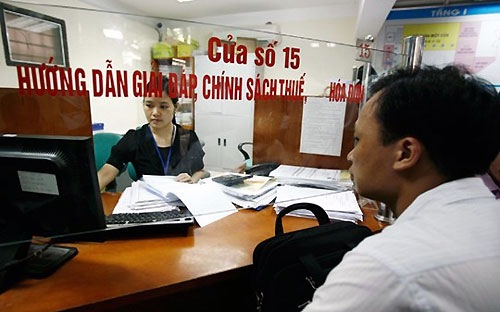The Securities Law 2019 was passed by the National Assembly on November 26, 2019, and officially came into effect on July 1, 2020. One of the noteworthy new points in this Law is the provision on conditions for offering additional shares to the public.

Illustrative image
To be specific, according to the provisions of Clause 2, Article 15 of the Securities Law 2019, in addition to meeting some conditions stipulated in Clause 1, Article 15 regarding the initial public offering of shares, a public company offering additional shares publicly must meet the following conditions:
- The business activities in the year preceding the year of the offering registration must be profitable, and there should be no accumulated losses up to the year of the offering registration;
- The value of the additional shares issued at par value must not exceed the total value of the outstanding shares at par value, except in cases where there is an underwriting commitment to purchase the entire shares of the issuing organization for resale or to purchase the remaining undistributed shares of the issuing organization, issuance to increase capital from owner's equity, issuance for exchange, merger, or consolidation of enterprises;
- For public offerings to raise capital to implement the issuer’s project, the shares sold to investors must reach at least 70% of the shares intended for the offering. The issuer must have a plan to cover the shortfall in the capital expected to be raised from the offering to implement the project.
Such regulations are in place to avoid the scenario where companies increase capital too quickly, which may not be matched by their management capabilities. This ensures that the capital mobilization by the company is linked to the utilization of funds and protects minority shareholders in case they do not have sufficient financial capacity to exercise the right to purchase shares.
Toan Trung
 Article table of contents
Article table of contents









